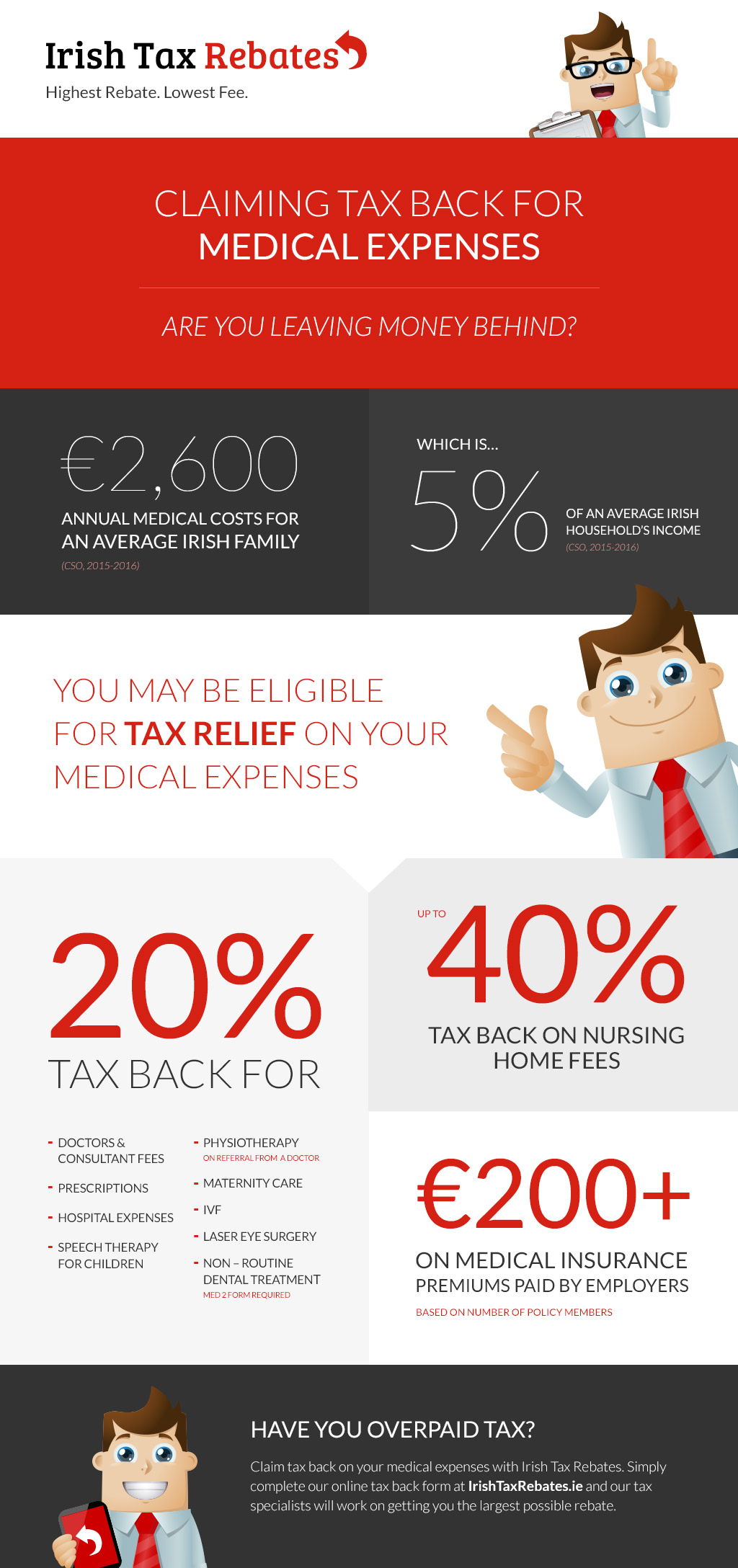Content Author-Bendsen Harrison
If you're thinking about vision modification choices, PRK surgical treatment might be worth discovering. Unlike LASIK, PRK reshapes the cornea without producing a flap, which can minimize certain risks. This method is particularly valuable for those with thinner corneas or higher prescriptions. You could be curious regarding exactly how this procedure works, its advantages, and whether you're a suitable candidate. Recognizing ophthalmologist can help you make a more informed decision regarding your vision needs.
What Is PRK Surgical treatment and Exactly How Does It Work?
PRK surgery, or photorefractive keratectomy, is a preferred laser vision correction procedure developed to improve your eyesight.
Unlike https://www.google.com/search?q=Lucent+Vision&ludocid=578143671535454484&lpsid=CIHM0ogKEOzcs9G8yMnaEQ&source=sh/x/localposts/m1/1&lsig=AB86z5WsV_nNh6QKQFkSCwEp3NOz&shndl=-1&shem=sdl1pl&kgs=93869e41d4528cb9 , PRK improves the cornea by removing the external layer of cells. Throughout the treatment, your eye surgeon makes use of a trendy beam of light of laser light to specifically shape the corneal tissue underneath. This modification allows light to concentrate appropriately on the retina, enhancing your vision. The external layer after that regrows normally gradually.
PRK's benefits include a lower risk of issues connected to corneal flaps, making it appropriate for people with thinner corneas. Healing may take longer than LASIK, but several clients enjoy clear vision without glasses or call lenses after the recovery procedure is full.
Advantages of PRK Over LASIK
While both PRK and LASIK are effective laser vision modification options, there are distinct benefits to picking PRK for sure clients.
One major advantage is that PRK does not involve creating a corneal flap, which minimizes the risk of issues associated with flap issues. This makes PRK a safer choice for those with thinner corneas or particular eye conditions.
Furthermore, since PRK treats the surface of the eye, it can be much more efficient for people with higher prescriptions.
The recuperation procedure, although somewhat longer, frequently leads to steady, long-lasting results.
You'll also appreciate that PRK is less likely to cause dry eyes contrasted to LASIK, permitting an extra comfortable healing experience.
Who Is an Ideal Candidate for PRK?
Are you wondering if PRK is the best choice for you? Suitable prospects generally consist of individuals with moderate to moderate nearsightedness, farsightedness, or astigmatism.
If you have thin corneas or various other corneal irregularities, PRK can be a far better choice considering that it does not include cutting a flap like LASIK. You should also be at the very least 18 years of ages and have stable vision for a minimum of a year.
If you've had previous eye surgeries, discuss your options with your eye surgeon. In addition, those with particular clinical problems, like autoimmune illness or uncontrolled diabetes mellitus, might not certify.
Eventually, an extensive eye test and consultation will help identify if PRK is the most effective option for your vision needs.
Final thought
To conclude, PRK surgical procedure offers a risk-free and efficient method to enhance your vision without the risks related to LASIK. By improving your cornea without developing a flap, it's suitable for those with thinner corneas or higher prescriptions. While recuperation might take a bit much longer, several patients enjoy steady results and less discomfort, like less circumstances of dry eyes. If you're taking into consideration vision adjustment, PRK could be the right option for you.

